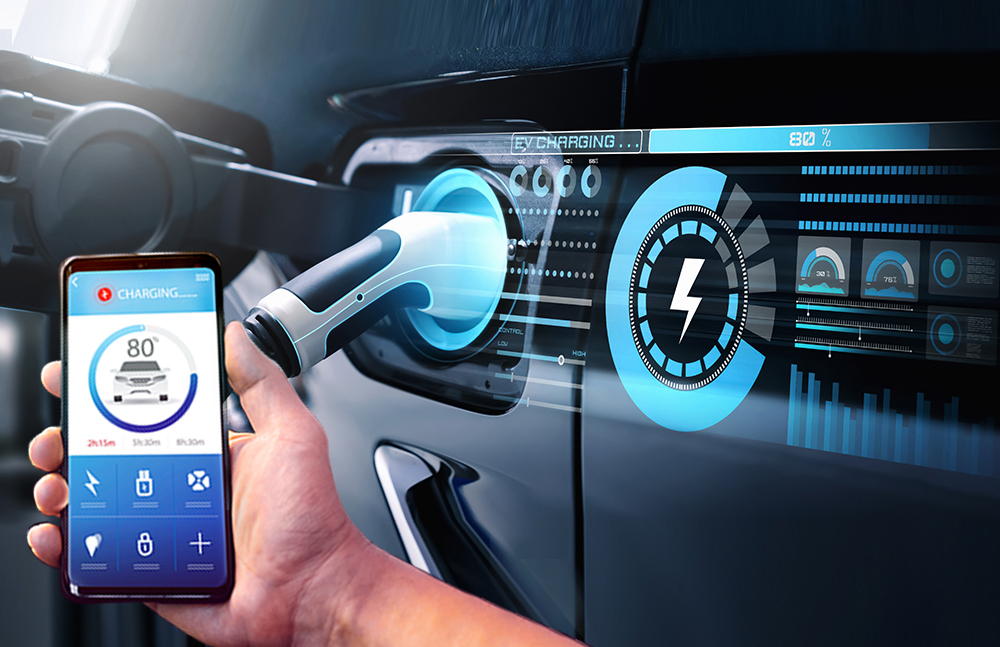As the world accelerates toward an electrified future, the significance of Electric Vehicle (EV) charger adapters and connectors becomes increasingly apparent. These essential components are the unsung heroes behind the convenience and universality of EV charging. In this comprehensive blog post, we will delve into the intricacies of EV charger adapters and connectors, exploring their role, technological advancements, and how they contribute to the seamless integration of electric vehicles into our daily lives.
Bridging the Gap in EV Charging
EV charger adapters and connectors play a crucial role in simplifying the charging process for electric vehicle owners. Understanding the nuances of these components is key to appreciating the efficiency and versatility they bring to the world of electric transportation.
The Backbone of Compatibility – EV Charger Adapters
Versatility in Charging: EV charger adapters are designed to bridge the gap between different charging standards, making it possible for electric vehicles to charge at various charging stations. Whether it’s adapting from a Tesla connector to a standard Type 2 plug or vice versa, these adapters ensure compatibility and convenience for EV owners.
Traveling with Ease: For EV owners on the move, the ability to adapt to different charging infrastructures is paramount. EV charger adapters empower users to travel across regions without being limited by specific charging networks, providing a sense of freedom and flexibility.
Precision in Connectivity – EV Charger Connectors
Standardization for Consistency: EV charger connectors are the physical link between the charging station and the electric vehicle. The automotive industry has witnessed efforts towards standardization, with connectors like CCS (Combined Charging System) and CHAdeMO gaining widespread acceptance. This standardization ensures that EVs can connect seamlessly to a variety of charging stations.
Rapid Advancements: Technological advancements in EV charger connectors are driving efficiency and speed in the charging process. Fast-charging connectors, such as those based on the CCS standard, enable EVs to recharge quickly, addressing one of the key concerns of potential electric vehicle adopters—range anxiety.
The Evolution of EV Charger Adapters and Connectors
Wireless Charging Solutions: As the electric vehicle landscape evolves, so do the methods of charging. Wireless charging is gaining traction, and innovative EV charger adapters and connectors are being developed to facilitate this wireless future. These advancements aim to make the charging experience even more convenient for EV owners.
Smart Connectivity: With the rise of smart technologies, EV charger adapters and connectors are becoming more intelligent. Smart connectors can communicate with both the vehicle and the charging station, optimizing the charging process for efficiency and reliability. This level of connectivity enhances user experience and contributes to the overall intelligence of electric transportation networks.
Navigating the Landscape of Compatibility
Interoperability Challenges: While standardization has improved compatibility, challenges still exist in achieving full interoperability among different charging networks. EV charger adapters and connectors must continue to evolve to address these challenges and ensure a seamless experience for all electric vehicle users.
Future-Proofing Infrastructure: As electric vehicle technology advances, the role of EV charger adapters and connectors in future-proofing charging infrastructure becomes crucial. The ability to adapt to emerging standards and technologies will be essential to ensuring that existing charging stations remain relevant and compatible with new generations of electric vehicles.
Conclusion: Empowering the Electric Journey
In conclusion, the world of electric transportation relies heavily on the adaptability and precision of EV charger adapters and connectors. As these components continue to evolve alongside the rapid advancements in electric vehicle technology, they will play an increasingly integral role in shaping the future of sustainable and convenient transportation. The journey from a diverse array of connectors to a standardized, interoperable charging landscape is a testament to the commitment to making electric vehicles accessible to all, ultimately paving the way for a cleaner, greener, and more connected future.
